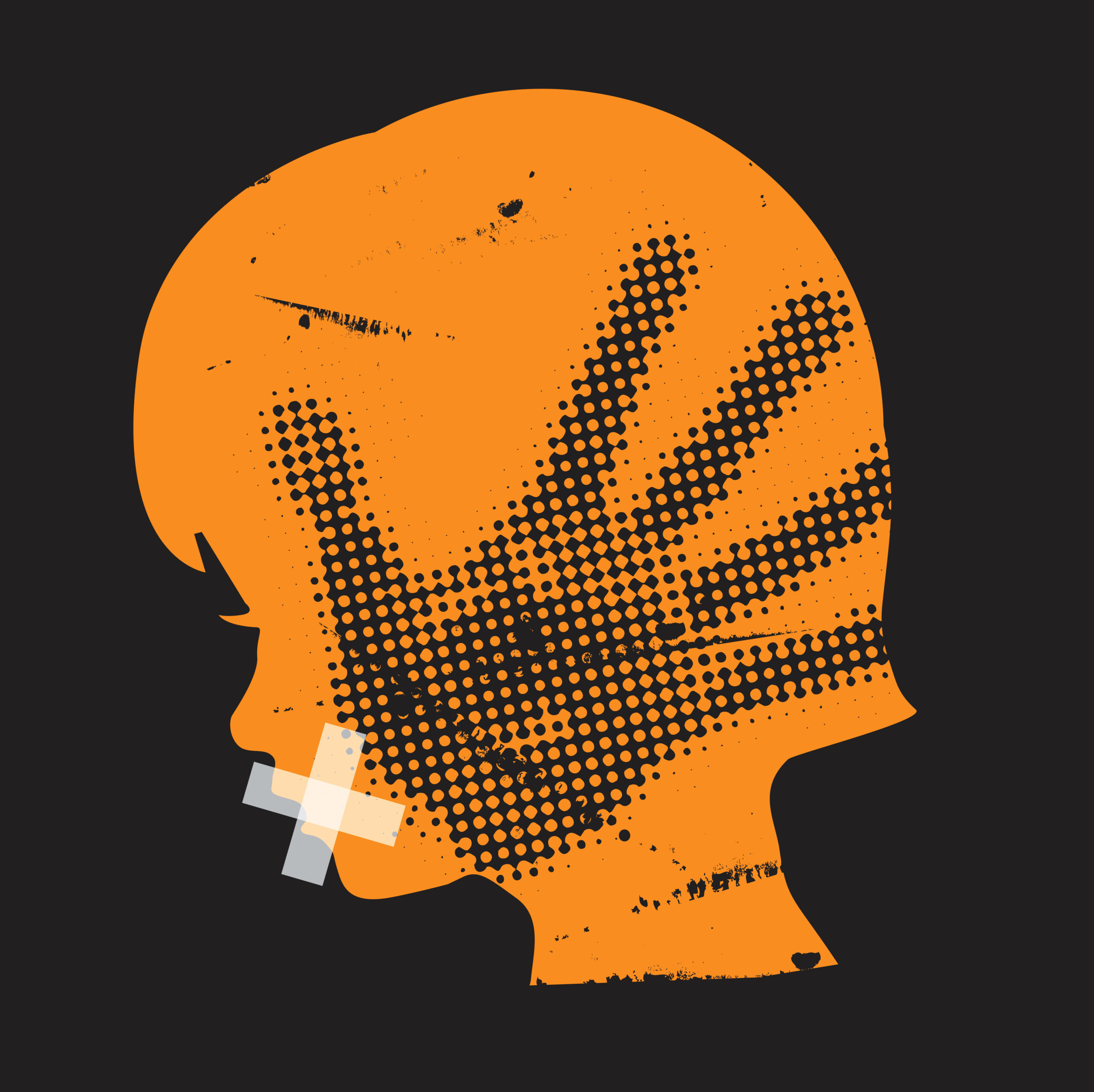By: Editorial Staff, Date: February 5th, 2024
Child abuse is a heartbreaking reality that affects millions of children worldwide, with almost 600,000 reported cases in the U.S. in 2021. Unfortunately, abuse sometimes goes unnoticed or unrecognized, leaving innocent children to suffer in silence. Identifying and addressing abuse can be difficult, as abusers often go to great lengths to hide their actions. Therefore, it is vital to be educated and familiarized with the signs and symptoms of child abuse to ensure the safety and well-being of children around us.
This article will provide valuable insights into recognizing when a child may be experiencing abuse.

Different Types of Child Abuse and How to Identify Them
Abuse comes in different forms, affecting a child physically or emotionally. It is important to be familiar with the indicators to protect children from harm and help them escape their abuser.
· Physical Abuse
Physical abuse refers to physical harm or injury to the child. This may be due to several attempts to hurt the child or as physical punishment as a way of disciplining the child.
Children experiencing physical abuse often feel like they are walking on eggshells due to their abuser’s temperament or mood swings, making them cautious with their actions as they don’t know which behavior will trigger a physical assault.
Indicators of Physical Abuse:
o Having injuries, such as burns, fractures, or black eyes, that are not from playing or normal activities.
o Wearing inappropriate clothes to hide or cover their injuries.
o Giving unbelievable or inconsistent explanations when asked about their injuries.
o Having a fear of going home.
o Showing violent behavior towards animals or other children.
o Flinching at sudden touch or movement.
· Sexual Abuse
Sexual abuse occurs when an adult involves a child in sexual activity or exposes them to sexual situations or materials.
Sexually abused children often feel shame and guilt, blaming themselves for the abuse they experienced. They also struggle to confide in others, worrying that others may not believe them or, if the abuser is within the family, potential family disruption.
Indicators of Sexual Abuse:
o Showing age-inappropriate sexual activity or knowledge.
o Avoiding a specific person without an obvious reason.
o Having trouble sitting or walking.
o Having a fear of certain places like bedrooms or bathrooms.
· Neglect
Neglect is a very common type of child abuse which means failure to provide a child with their basic needs, like food, clothing, hygiene, affection, or guidance.
A child may experience neglect when their parents are physically or mentally unable to take care of them. A parent might have suffered a serious illness or injury, or suffering from depression or anxiety, impacting their ability to take care of their child.
Indicators of Child Neglect:
o Exhibiting poor behavior.
o Having consistently poor hygiene.
o Wearing ill-fitting or filthy clothing.
o Lacking medical or dental care.
o Experiencing hunger.
o Demanding affection or attention.
· Emotional Abuse
Emotional abuse refers to damage to a child’s mental health or social development through hurtful words. It can take various forms, such as belittling, shaming, and humiliating a child, making negative comparisons to others, frequent yelling, giving them silent treatment, or limiting signs of affection.
Indicators of Emotional Abuse:
o Showing extremes in behavior.
o Being cautious or fearful when doing something wrong.
o Showing detachment from their parent or caregiver.
o Acting inappropriately adult or childish.
When a child confides in or shows any signs that they are experiencing abuse, immediately report it to local child protective services offices or law enforcement agencies so professionals can assess the situation and take the necessary actions to help the child escape their abusers. Learn more insights at our webcast: Balancing Duty and Confidentiality: Protecting Privilege and Confidentiality in Child Abuse Cases
Upcoming Webcasts
Cartel Investigations: A Blueprint for Defense
Cartel investigations are high-stakes, complex legal matters. If you or your company are facing scrutiny for potential cartel activity, it's crucial to have a comprehensive understanding of the investigative process and your defense options. Join our speakers in this CLE webcast as they provide you with a roadmap for navigating cartel investigations effectively. Our expert speakers will break down the key stages of an investigation, from initial inquiries to potential resolutions, and equip you with the knowledge and tools to protect your legal and financial interests.


